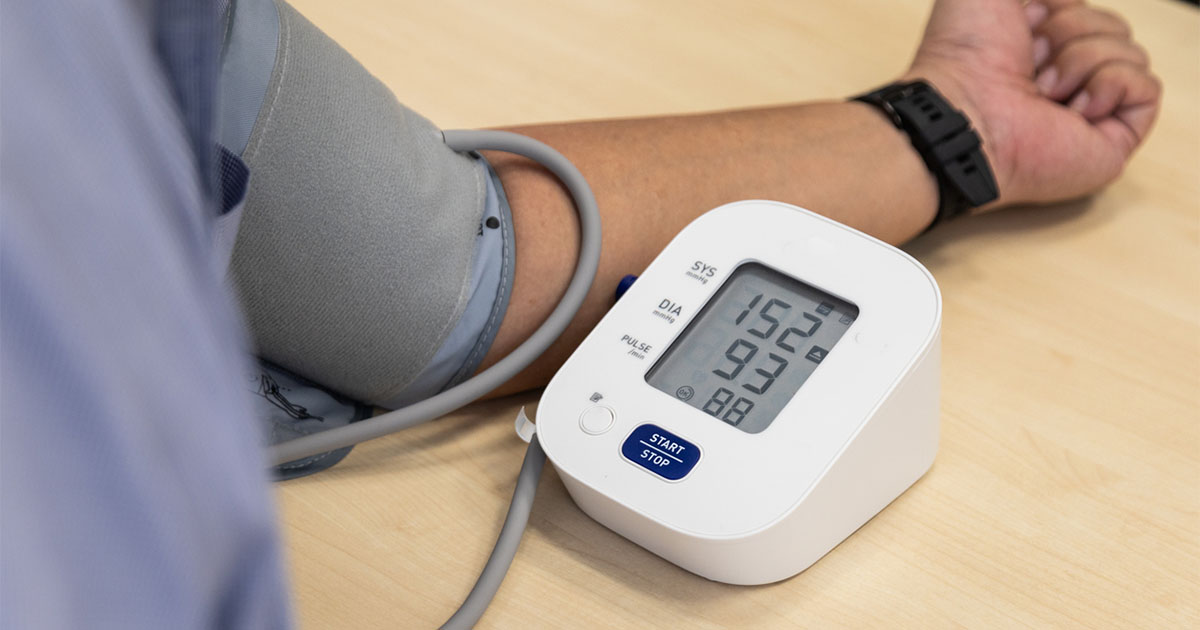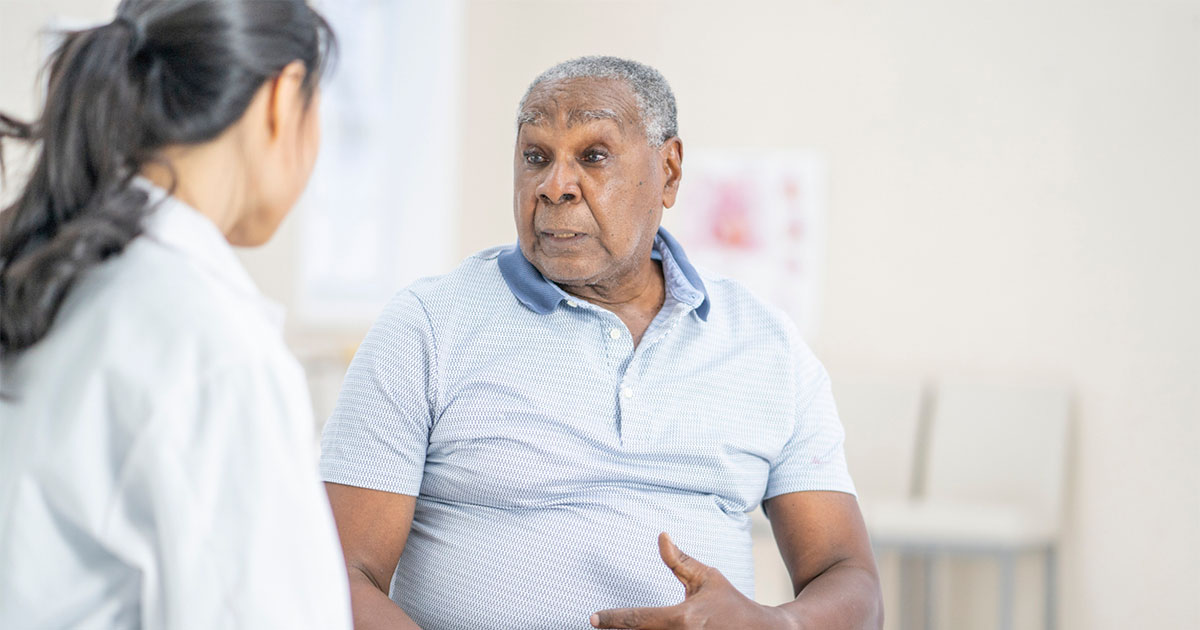It is well documented that improving self-management behaviour through structured education is associated with improved glycaemic control and reduces the risk of complications (Deakin, 2012). However, the NHS is financially struggling and resources are having to be carefully allocated within each health area. So while there is a plethora of research in the public domain telling us that diabetes education is cost-effective (e.g. Gillett et al, 2010), many providers find that commissioners are just not buying into it. Is there a cheaper and even more cost-effective way of addressing this need?
NICE’s Diabetes in adults quality standard states that: “People with diabetes and/or their carers should receive a structured educational programme that fulfils the nationally agreed criteria from the time of diagnosis, with annual review and access to ongoing education” (NICE, 2011). According to the national criteria (Diabetes UK et al, 2005), a good planned education course should:
- Provide a written outline, so that you can see what will be taught on the course.
- Be delivered by trained educators – as a minimum the course should be given by someone who understands the principles of patient education and has been assessed as competent to teach the programme.
- Be quality assured – to make sure it is of a consistently high standard.
- Provide the opportunity for feedback – to show that it is making a difference to the people who go on it.
In my area, the cost of courses can range from £66 for a local three-session course (the “MyDiabetes” course) to an average of £545 for DAFNE (Dose Adjustment For Normal Eating; 2012), which is 5 full days. Many trusts are finding that their local commissioners are not investing in such courses owing to the finance pressure that is on them. On the other hand, some providers of structured education have cautioned that even if people are referred, they may not always attend (Walker, 2015). Perhaps it would be better if patients were to opt in to a course rather than being told to attend for something that they might know nothing about.
Are there other ways in which we can address the insufficient funding of structured education? Group face-to-face sessions are only one way of learning. So a part of the solution might be to look at developing different programmes of education, such as web- or video-based sessions, depending, of course, on the learning needs of the individuals. Then, a selection of different methods could be offered that are tailored to the local needs of the area. Indeed, some people may fare better with a web-based e-learning package. In a study based on BERTIE (Broomfield’s Education Resources for Training in Insulin and Eating; Everett et al, 2003), a programme for type 1 diabetes, a team delivered an online course with supplemental tutorial time and found that it increased the accessibility for young people and had a significant positive impact on HbA1c at 3 months, as well as quality of life and prandial insulin bolus dose at both 3 and 6 months (Fearnley et al, 2012).
In my own area, at present we just cannot afford to run X-PERT, with its annual licence fee, the cost of revalidation certifications and the external quality assurance. So we have needed to look at how we can fulfil the nationally agreed criteria for structured education without running a service at a financial loss. Developing in-house programmes, and offering a variety of different forms of structured education is in its infancy, but one thing we do know is that giving patients a choice of different learning tools – allowing them to chose when and how they attend or complete a course – is almost certainly going to help improve attendance and reduce overall costs.
The newly re-appointed health minister has already alluded to diverting NHS money to prevention and health promotion. Maybe structured education will soon be considered a core part of treatment, rather than just an optional extra, and investment will come and providers will work in new ways.





Poster abstract submissions are invited for the 21st National Conference of the PCDO Society, which will be held on 19 and 20 November.
10 Apr 2025